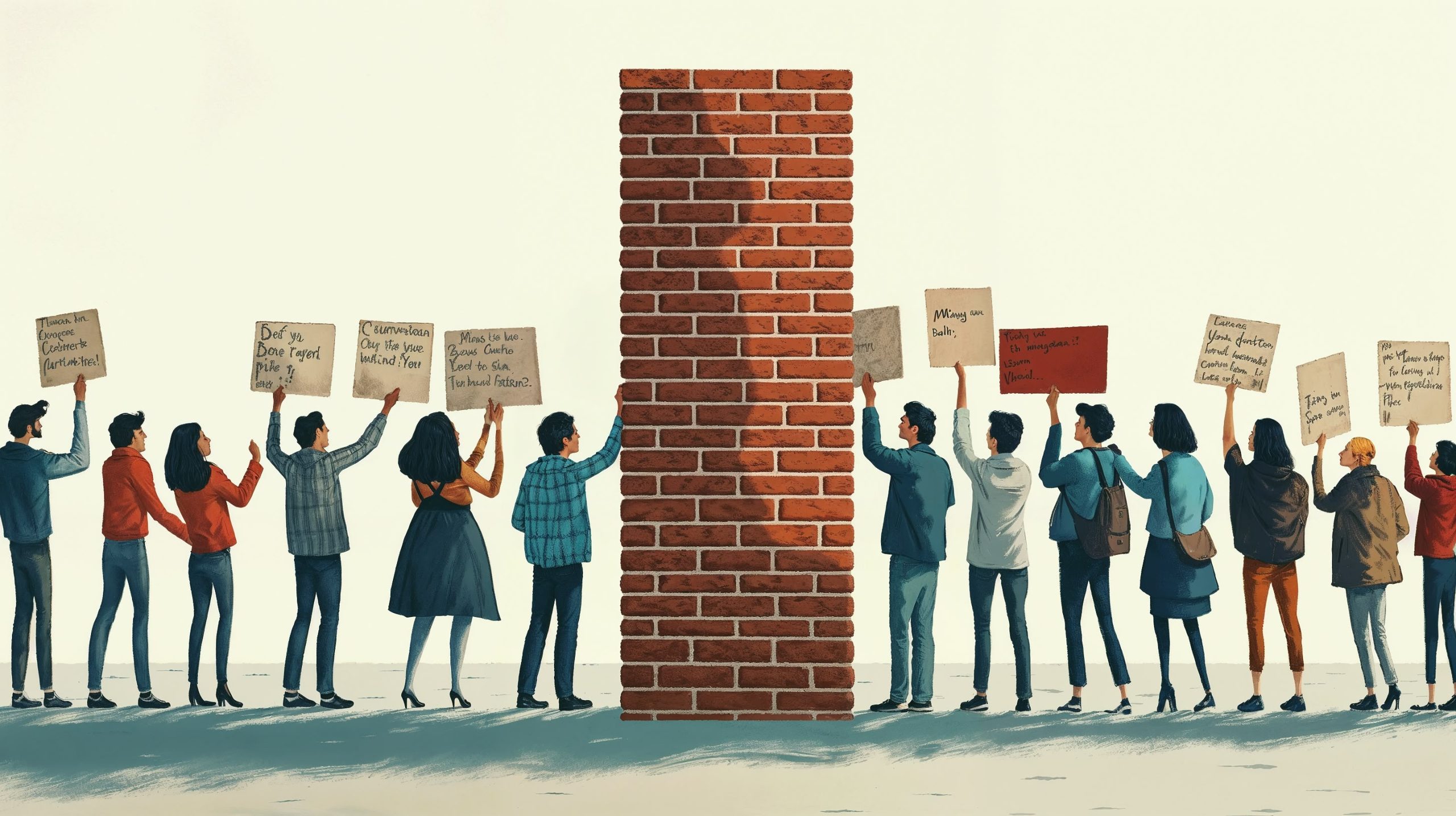This week, while writing a more lengthy study on the Laodicean message, I discovered that James White shared a most relevant story of revival on January 15, 1857, that bears deeper reflection today.
The story is better known, but perhaps not for its connection to the Laodicean message as it should be. James and Ellen White had traveled West to visit the Andrews, Stevens, Butler, Lindsey, Hazeltine, Mead, Orton, Loughborough, and Lamson families who had moved to Waukon, Iowa to take up farming. Many are familiar with Ellen White’s awkward, thrice-repeated question to Loughborough, “What are you doing here, Elijah?” when she first saw him.
As James White tells this story, however, these families were found “almost wholly occupied with the things of this life. And, by the way, this is necessarily the portion of those who move to the West to make farms with little means.” He described how they were rejecting the Laodicean message yet nevertheless received Him and Ellen courteously.
On Sabbath, the Laodicean message was shared in greater detail, with the opposing side presented on Sunday. The real issue, however, was that most present took issue with James and Ellen assuming they had “rashly moved the Review Office to Battle Creek.” After sharing the circumstances and reading what had been communicated on the matter, the blame was dropped as none in opposition to the move from Rochester had objected to it when the opportunity had been fairly given. James White then explained that “The tender spirit of confession and forgiveness was mutually cherished by all” and that “God’s holy Spirit touched all our hearts. And how strong was the union then felt between hearts broken and subdued by the grace of God.” The story was not over, however, as this merely set the stage for what would happen next. An evening meeting was then held where the following events were recounted.
An unusual spirit of prayer was rolled upon several brethren, who prayed most fervently for the Lord to pour out his Spirit, and work in our midst. These cries, indited by the holy Spirit, were answered in a wonderful manner. The spirit rested upon us, especially upon two of our number who were slain by its power. And these words were spoken with great power, under the influence of the Holy Ghost, “Return unto me, and I will return unto you, saith the Lord, and will heal all your backslidings.” . . .
Brethren and sisters began heartily to confess the truthfulness of the message we had brought them, and their lack of consecration. And as they talked, and broke away from the spell that bound them, the Spirit of God filled the place. Some who had been almost silent for months, shouted the high praises of God. The words, “Glory,” and “Hallelujah,” seemed to fall far short of expressing the exceeding joy which filled nearly every heart. Those personally acquainted with Bro. and Sr. Loughborough will be happy to learn that the Spirit, of God wonderfully attended Sr. L.’s testimony as she confessed her past lack of consecration, and gave herself anew to the Lord, and could say to her husband, Go forth in the name of the Lord to do his work.
At the end of his report, James White concluded that “these meetings were the most powerful we had witnessed for years, and in many respects the most wonderful we ever witnessed.” As a result, J. N. Loughborough immediately left Waukon with them to resume ministry. This decision undoubtedly entailed surrendering their financial security to God, given the challenges of moving West, which required constant work to survive. Nevertheless, this revival and the presence and power of the Holy Spirit working through it are consistent with revivals from earlier cases where the success of the Laodicean message was reported.
What is unique about this story is that many families initially resisted God and the Laodicean message because of presuppositions concerning their perceived mismanagement of the church in moving the Review Office. While it is true that they had moved West and become entangled in the affairs of life at the expense of God’s calling, this went hand-in-hand with these perceived “Church offenses” to disconnect them from God’s will. One need not wonder long if Church conflicts are still the enemy’s best methods for keeping people from revival.
Source: James White, “Western Tour,” Review and Herald, January 15, 1857, 84.
To read more about this story from Ellen White’s perspective, see here.





